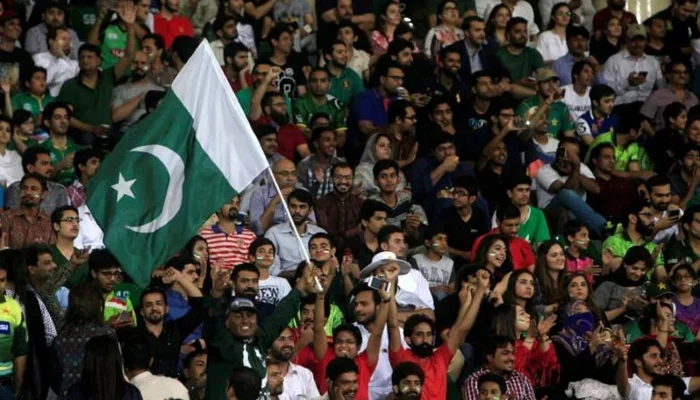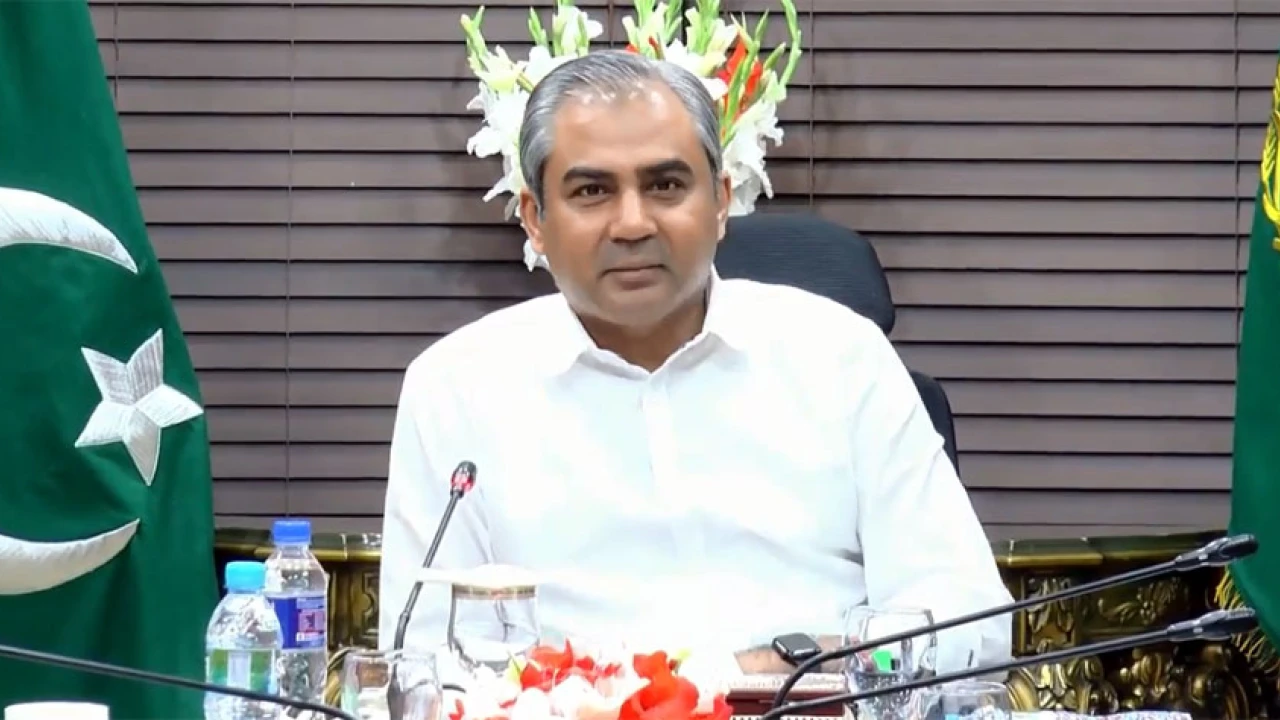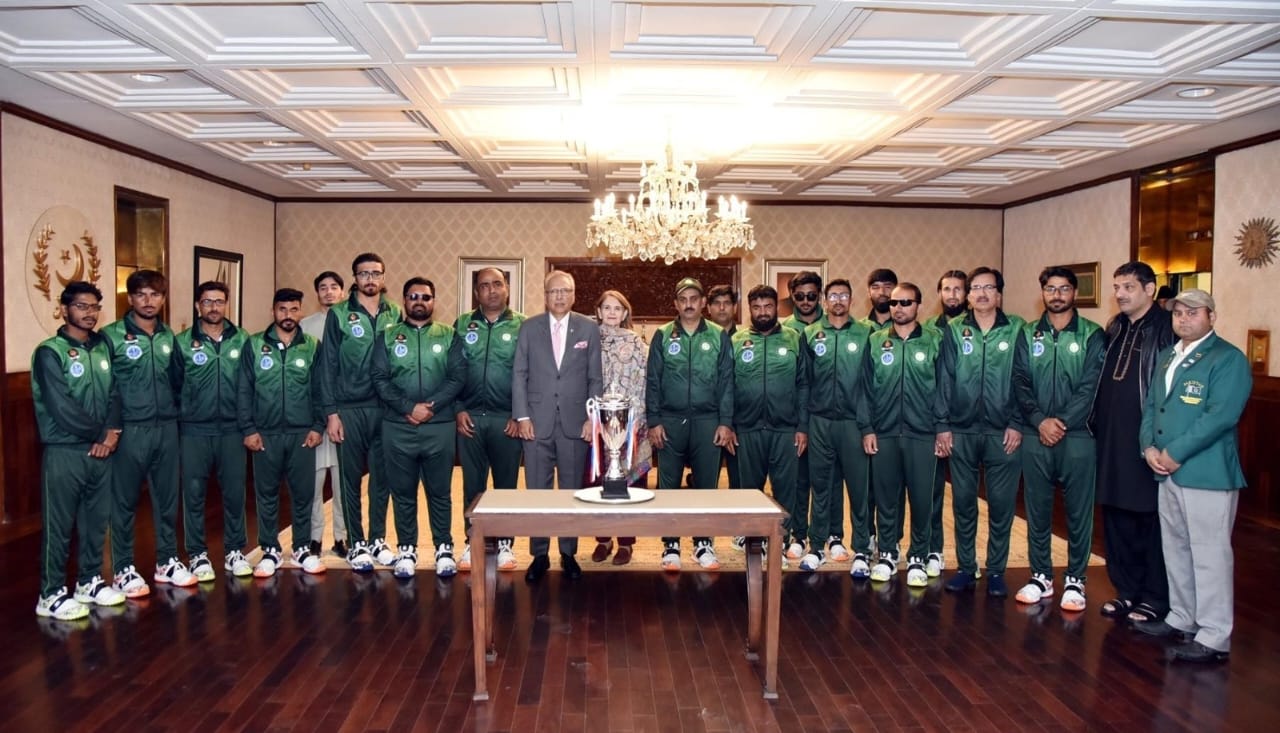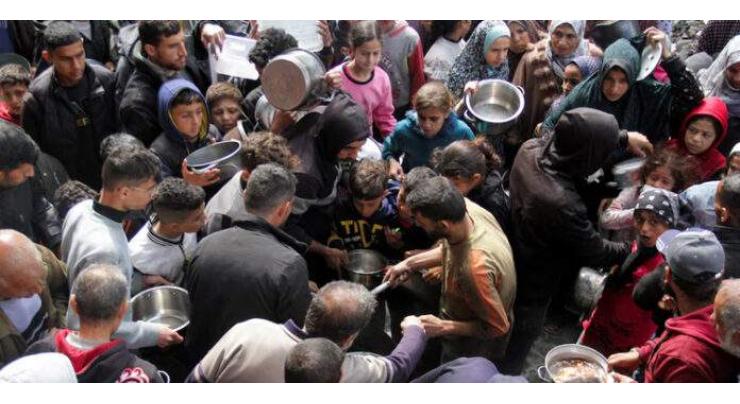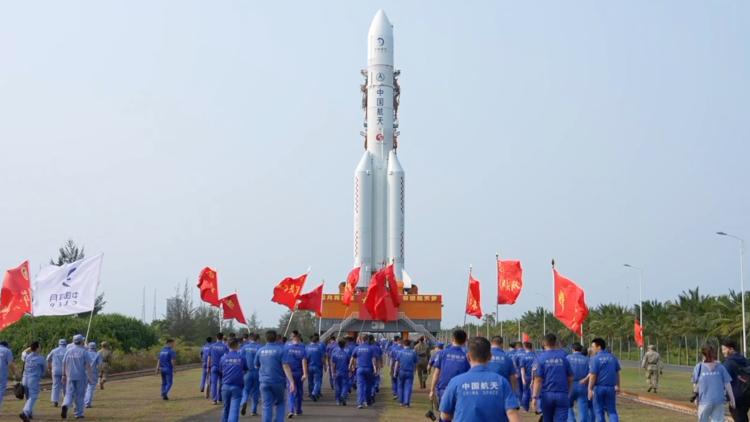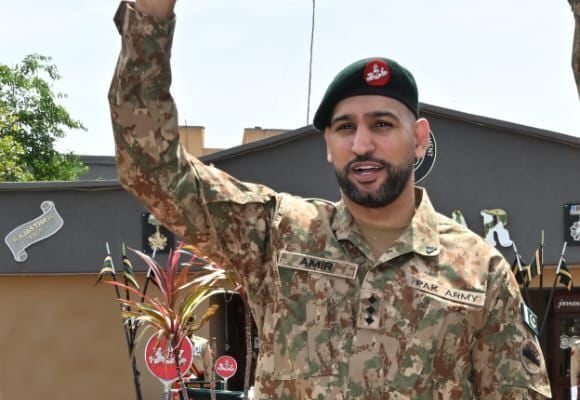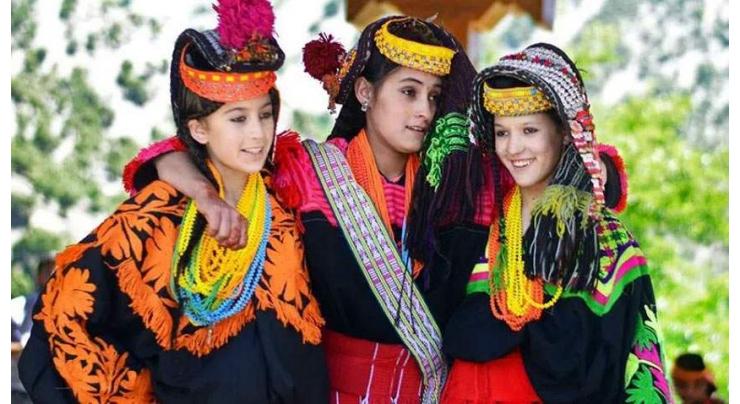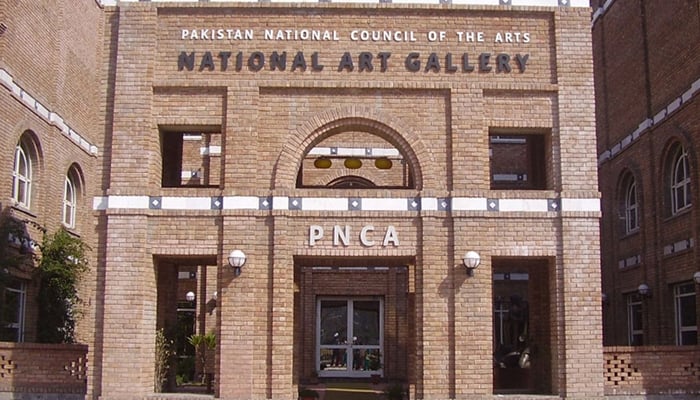In recent years, Pakistan has been undergoing a fascinating transformation in its family system, shaking up long-held traditions and welcoming a new chapter in its social fabric. This transformation is being driven by a mix of factors, like the spread of cities, the influence of the global stage, shifts in gender roles, and even differences in values and expectations between generations. Family is truly at the heart of Pakistani society, and grasping these evolving dynamics is not just a matter for academics and policymakers but something that resonates with people from all walks of life. In this article, we’ll take a closer look at the intricate web of changing family structures and how it contributes to a profound shift in the way families function in Pakistan.
Picture Pakistan of yesteryears, where the extended family system was the dominant narrative – a family structure that was all about togetherness. Picture this: several generations all living under one roof, in one big, bustling household. Grandparents, parents, kids, and sometimes even distant relatives, all coexisting in a sort of harmonious symphony of family life.
This setup was like a safety net, a place where everyone pitched in for childcare, shared the financial load, and tackled the daily chores together. It was deeply rooted in culture, with a strong emphasis on respecting elders and preserving the family’s honor. Decision-making was usually rested in the hands of the eldest male member. But above all, family bonds were sacred. Yet, like many things in life, this traditional structure has been changing as society evolves, cities grow, and people’s dreams shift.
Now, let’s fast forward to the last decade, where we see a new chapter unfolding. In recent times, Pakistan has been witnessing a shift toward a newer family structure – the nuclear family. This evolving setup contrasts with the traditional joint-extended family we once knew so well. In nuclear families, it’s all about a smaller, more intimate circle. Parents and their children form a tight-knit unit, often living separately from extended family members.
This arrangement tends to be more autonomous, with decision-making primarily resting within the immediate family. While it may lack the day-to-day hustle and bustle of a joint family, the nuclear family provides its own set of benefits, like increased privacy, autonomy, and the chance for parents to focus more closely on their children’s upbringing. It’s a sign of changing times, reflecting urbanization, evolving gender roles, and individual aspirations that are shaping the way families live and grow in Pakistan today.
But why has this change come about, and why is it spreading so rapidly? There are many factors, the biggest of which is likely that the winds of urbanization and industrialization have inspired young couples to seek independence, leading to the emergence of smaller nuclear households. Not only that, but the allure of economic opportunities in the cities has been irresistible, drawing many away from their hometowns and gradually transforming the extended family structure into something more compact and self-contained.
Another one of the most prominent reasons behind the changes in Pakistan’s family dynamics has been the metamorphosis of women’s roles in the family. Back in the 1990s, women’s roles were largely focused around – or rather, confined to – homemaking and caregiving. They had limited participation in the formal workforce, and careers, if any, were often restricted to certain fields like as teaching and healthcare.
Today, the landscape is vastly different, with women playing pivotal roles in the unfolding family saga. Pakistani women are pursuing higher education with zeal and venturing into diverse career fields. This empowerment hasn’t just challenged traditional gender roles, it has also reshaped the allocation of family responsibilities. Many women are now active contributors to the family’s income, resulting in significant shifts in the decision-making dynamics within the household.
Upon further exploration, it becomes evident that the transformation of family structures in Pakistan is not uniform across the nation. In rural areas, traditional family values and the joint family system continue to thrive. In these tranquil landscapes, change unfolds with much resistance, at a very gentle, almost languid pace.
Now, let’s turn our attention to the bustling urban centers, where a different narrative unfolds. Urbanization has ushered in globalization, exposure to diverse cultures, and a plethora of economic opportunities. In these vibrant urban spaces, households have become smaller, and young couples have gained newfound independence.
As we reflect on these changes in Pakistan’s family structure, we find that they bring both challenges and opportunities to the forefront. Economic disparities, generational conflicts, and the shifting sands of traditional values can sometimes strain family bonds, testing their resilience.
However, the evolving landscape also offers promising prospects. The increasing independence of young adults, the growing emphasis on education, and improved gender equity all provide opportunities to forge stronger, more resilient families that are better equipped to navigate the complexities of the modern world.
In the intricate tapestry of Pakistan’s family structure, we find a narrative that is both evolving and enduring. The transition from extended to nuclear families, the empowering journey of women, changing perspectives on marriage, and the contrast between urban and rural landscapes all contribute to the dynamic story of family life in Pakistan. These changes may pose challenges, but they also reveal the adaptability and resilience of Pakistani society in the face of a rapidly evolving world.
As Pakistan continues its journey of development and modernization, the family structure will continue to evolve, influenced by both tradition and progress. The story of Pakistan’s families, like the nation itself, is a rich and diverse narrative that unfolds with every passing day, and it is a testament to the strength and adaptability of its people.
